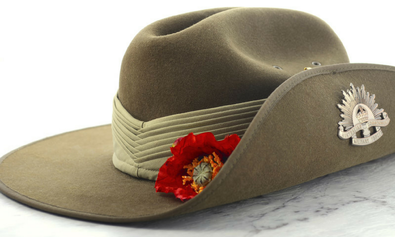In 2018, Army veterans continue to serve their country. In April and beyond - they continue to live with the experiences of their sacrifice. Many face challenges returning to civilian life, employment and full physical and mental health.
John Bale, a former veteran, founded Solider On in 2012, to provide support services for returning service people and their families, including career assistance and employment opportunities.
“The translation of service skills to the civilian workforce is the biggest barrier to employment,” explains John.
“This issue has two sides. Often civilian employers can’t speak ‘military’ or ‘service skills’ and serving personnel can’t talk ‘civilian’ when it comes to the workplace.”
Former military are often good leaders, highly motivated, punctual and well-presented, but there are so many more skills these men and women bring to the workforce explains John.
“Their skills may be more technical, such as cyber analytics, engineering in various fields, ICT based skills or they may be more around people management, change management and policy development.”
“Just because an individual has worn one uniform, does not mean that throughout their career, they have only done one job. More importantly, everyone is different and should be treated as such by employers, just as a civilian applicant would be.”
John also emphasises that it is wrong to assume that all service people have a mental health condition, or that they are unable to manage a condition and be an active member of society and the workforce.
“While we cannot ignore that there are individuals out there who are unable to work and do need a greater level of complex support, this number is far lower than the public may think. Even those who are in this situation, still need to be seen as valued members of the community and encouraged to connect with others and prevent isolation.”
Read the full Q&A with John Bale on our website.
Lest we forget. Not then. And especially not now.
Source: Diversity Council Australia

 RSS Feed
RSS Feed